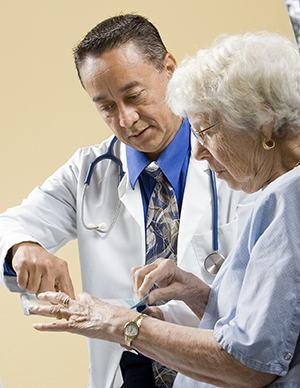Content
After Minimally Invasive Heart Surgery: At Home
You will need at least 4 to 6 weeks of healing before you can go back to your normal routine. This may vary depending on your overall health and the reason for your surgery. While you are healing, follow your health care provider’s advice. Ask your provider which physical activities are safe for you. Contact your care team if you have questions. Take all your medicines as prescribed.
Follow-up visits
Follow-up visits with your care team help make sure that you are healing well. To check your healing, you may have tests. These tests may include chest X-rays. They may also include echocardiograms to show the movement of your heart muscle. And you may have electrocardiograms to show if there are any changes in your heart’s rhythm. If you are taking medicines, you may have blood tests to check your medicine levels.
Incision care
Your incisions (cuts) may be bruised, itchy, numb, or sore for the first week. If strips of tape were used to close an incision, your care team will tell you when you can wet and remove them. It’s often in about a week. When you shower, gently wash your incisions with warm (not hot) water and soap. Gently pat dry with a clean and soft towel. Do not soak in bathtubs or hot tubs, or go in a swimming pool until your health care provider says it's OK. This is because they affect your blood flow. They also may raise the risk of infections. To help prevent infection, do not use skin lotions, ointments, or other skin products around your incisions, unless your provider tells you to.
When to contact your doctor
Contact your health care provider if you have:
Fever of 100.4°F (38°C) or higher, or as directed by your care team, for more than a day.
Chills or sweating for more than a day.
A cold or infection.
No bowel movement for more than 2 days.
Weight gain of more than
2 pounds in 1 day, or5 pounds in 1 week.An incision that swells, oozes, smells bad, or becomes red or sore.
Call 911
Call
New or unusual chest pain
New or unusual difficulty breathing
Feeling dizzy or lightheaded, or passing out
Your pulse (heartbeat) is fast, slow, or irregular


